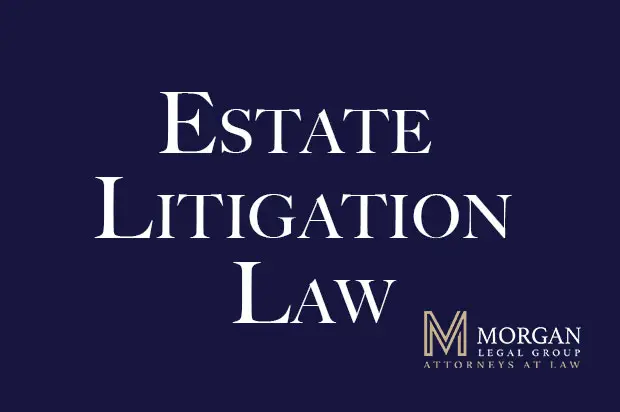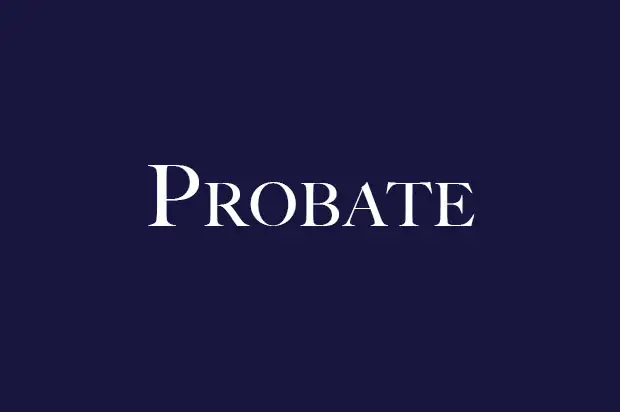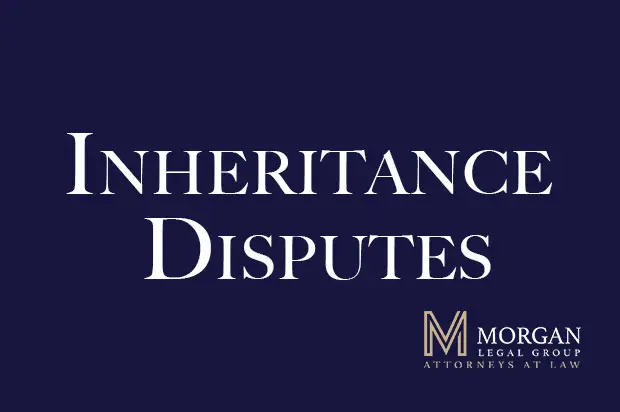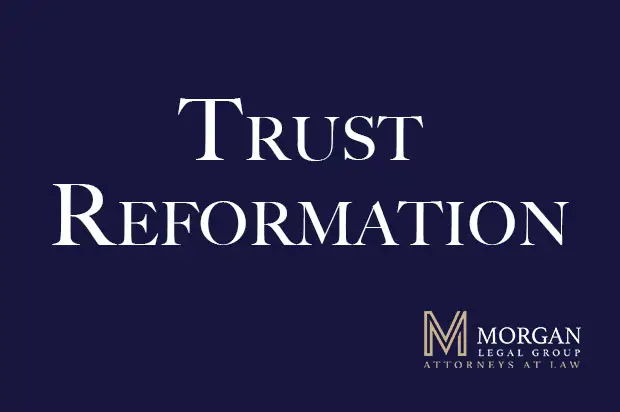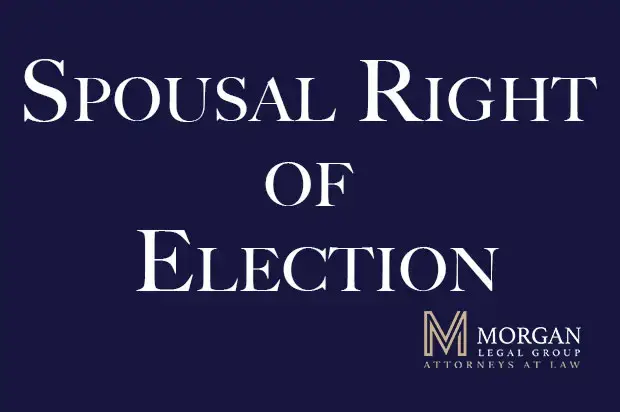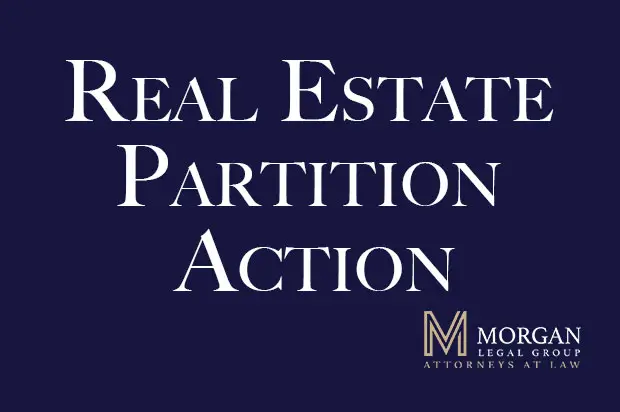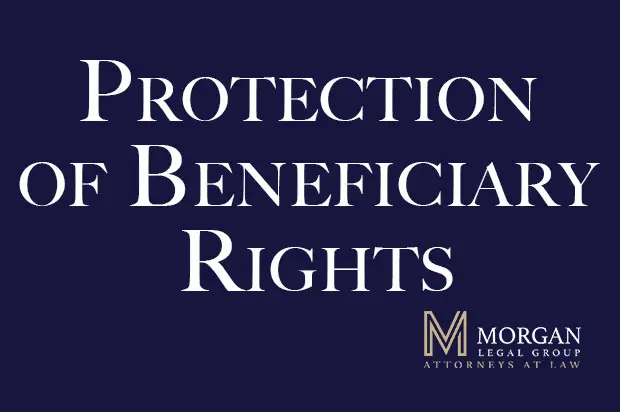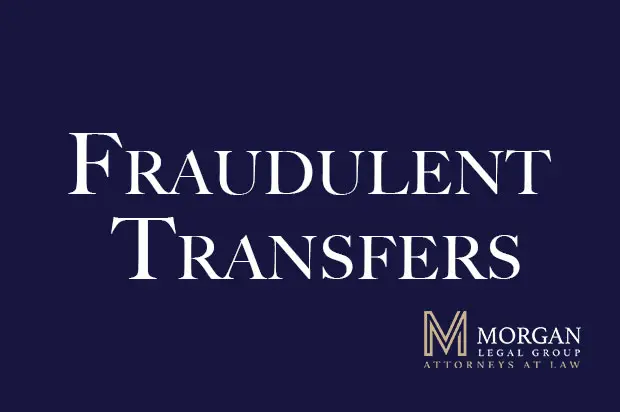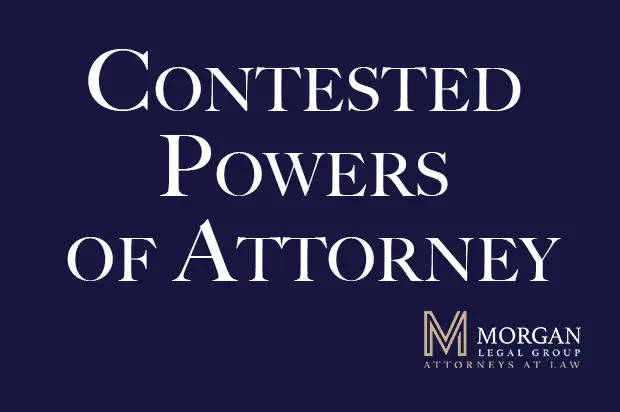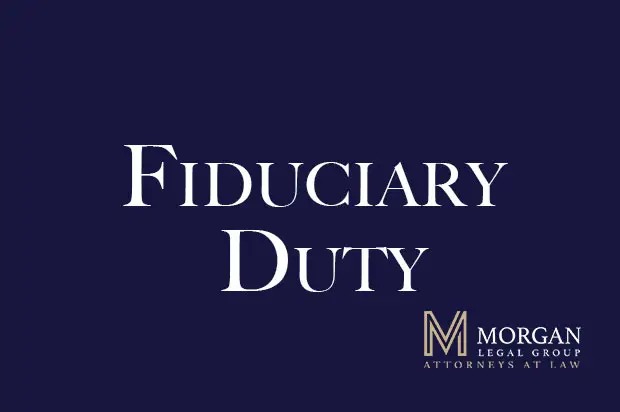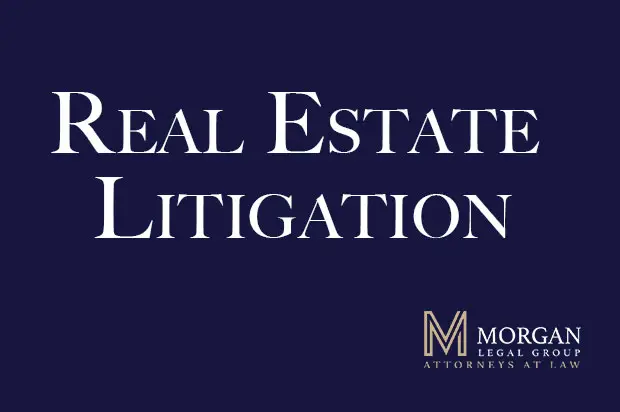Expert Estate Litigation in New York with Morgan Legal Group: Protecting Your Inheritance and Ensuring Justice is Served
Estate litigation involves numerous challenges, particularly when you’re coping with the loss of a loved one while navigating legal disputes over their estate. The feelings involved can be heavy and hard. If there are disagreements about the distribution of assets or the probate process, it can cause significant delays and complications. Therefore, having experienced legal representation is essential during this emotional period. This helps make sure no legal issues rise. It is key to know. At Morgan Legal Group, we offer comprehensive legal insight and guidance for your estate litigation cases. We offer the expertise that is required. Our primary goal is to ensure you receive the inheritance and assets rightfully yours, as designated by your loved one. What a loved one wants for your future, we want to support. That is what you’ll find from the Morgan Legal Group.
Why Choose Morgan Legal Group for Your Estate Litigation Needs?
Morgan Legal Group offers comprehensive legal insight and guidance for your estate litigation cases. With us, we take:
- All the needs into account, as well as the difficulties that may affect all aspects of your life!
- Our goal will be that your future needs are met and all legal needs are handled ethically.
Working with our dedicated team, you know we will be with you every step of the way. What will set us apart is that your success is our success. We value and appreciate every single clients unique concerns.
Resolve Your Estate Disputes with Morgan Legal Group
It’s crucial to act promptly in any estate litigation matter. Delaying a will contest, for example, could result in losing an inheritance that is rightfully yours. The sooner you reach out to Morgan Legal Group, the sooner we can begin building a robust case for your estate litigation dispute. Call our trusted team. That can help be on your way to success.
With many years of experience in estate law, we understand the emotional and financial complexities involved in these situations. Our team has successfully represented clients in various claims, including the validity of wills or trusts, the administration of trusts, and contested accounting. We have the expertise to succeed with your unique case.
While our first priority is to guide parties toward a practical and amicable solution, we are fully prepared to take matters to court and vigorously advocate for our clients when necessary. What is needed to be a hard fighter for you, we can and will. It is important to get and know the power of what could lie ahead.
Our Extensive Experience in New York’s Courts
Our firm has represented clients in Surrogate Courts, Federal District Courts, New York Supreme Courts, the Appellate Divisions, and the New York Court of Appeals. Founding attorney Russell Morgan Esq. possesses comprehensive knowledge of all facets of estate litigation. We have been here. You want someone who has been through the works! His guidance is invaluable. You can count on his experience.
Comprehensive Estate Litigation Services
At Morgan Legal Group, we are a dedicated boutique law firm in New York committed to safeguarding the legal rights of clients throughout the state. We offer expert assistance in complex estate law matters, including:
- Power of Attorney
- Guardianship
- Probate
- Will And Trusts
- Estate Planning
- Trust And Estate Litigation
- Estate Litigation
Our legal expertise and dedication set us apart in New York’s estate litigation field. The legal aspect is not all that you are looking for. Contact a team with dedication and passion, such as Morgan Legal Group, P.C.
Key Steps in the Estate Litigation Process
Estate litigation cases are unique, requiring specific strategies for favorable outcomes. We follow these steps in handling estate litigation cases:
- Research: Gathering evidence and assessing the case’s strength is crucial. We like to know as much information as possible before filing or responding to a lawsuit.
- Pleading: The process begins by filing initial pleadings in the probate court. All associated parties are notified and can respond or object to the lawsuit.
- Discovery: Each side seeks admissible evidence to prove their case, including written documents and testimony from unbiased third parties.
- Mediation: In some cases, judges may require mediation, offering the best chance to settle the case. Parties agree to involve a mediator, often a judge or attorney.
- Witness Depositions: Many estate litigation cases require expert witness testimony, usually from medical professionals discussing the decedent’s mental capacity.
- Trial Preparation: This involves deciding if the evidence is sufficient for a successful trial. Once the trial date is set, preparation includes witness preparation, drafting statements, and other tasks.
- Trial: Trials are heard by a judge and can take from a day to several weeks, depending on the case’s complexity.
Knowing all of these steps can help ensure what the next play is for you. Plan with the best team! You can also go on the journey feeling more at peace with expert legal assistance. The time, effort, and care the team provides is what sets the tone and helps you succeed.
Personalized Attention for Your Estate Litigation Needs
At Morgan Legal Group, our New York estate litigators give clients the time and attention they deserve. We offer the support needed to navigate litigation issues, recognizing the emotional toll involved. These cases can be hard for a family to handle and often there can be lots of emotions, so to work to balance them all, is a true feat.
We’re all about:
- Knowing the emotional impacts that this has on loved ones.
- We protect your rights and have your best interest in mind.
- Work and dedicate everything to the team to help you get the results!
Each and every time all of that is thought of, you know you are in great hands for years to come. You are not just getting a plan and having all in line; you are getting long term support!
Many of our clients come through word-of-mouth referrals, thanks to our personal dedication. We handle each case uniquely, understanding that no two cases are alike. Morgan Legal Group provides the expert legal representation you need in estate litigation matters. With us, you are ready to be assisted and prepared! Call us and start the process.
Contact a New York Estate Litigation Attorney Today!
While we focus on resolving estate matters peacefully and amicably, we understand that this isn’t always possible. Our legal team is prepared to step in and litigate fiercely on your behalf when needed. If you require assistance with guardianship proceedings or any estate or trust matters, contact Morgan Legal Group today for expert legal representation. Check out our GMB page by clicking here.
Morgan Legal Group proudly serves the New York City community including the Bronx, Brooklyn, NYC, Queens, and Staten Island. If you are outside of New York City we also serve Long Island including Suffolk County. As well as Westchester, Ulster County, and Orange County.NY Courts






